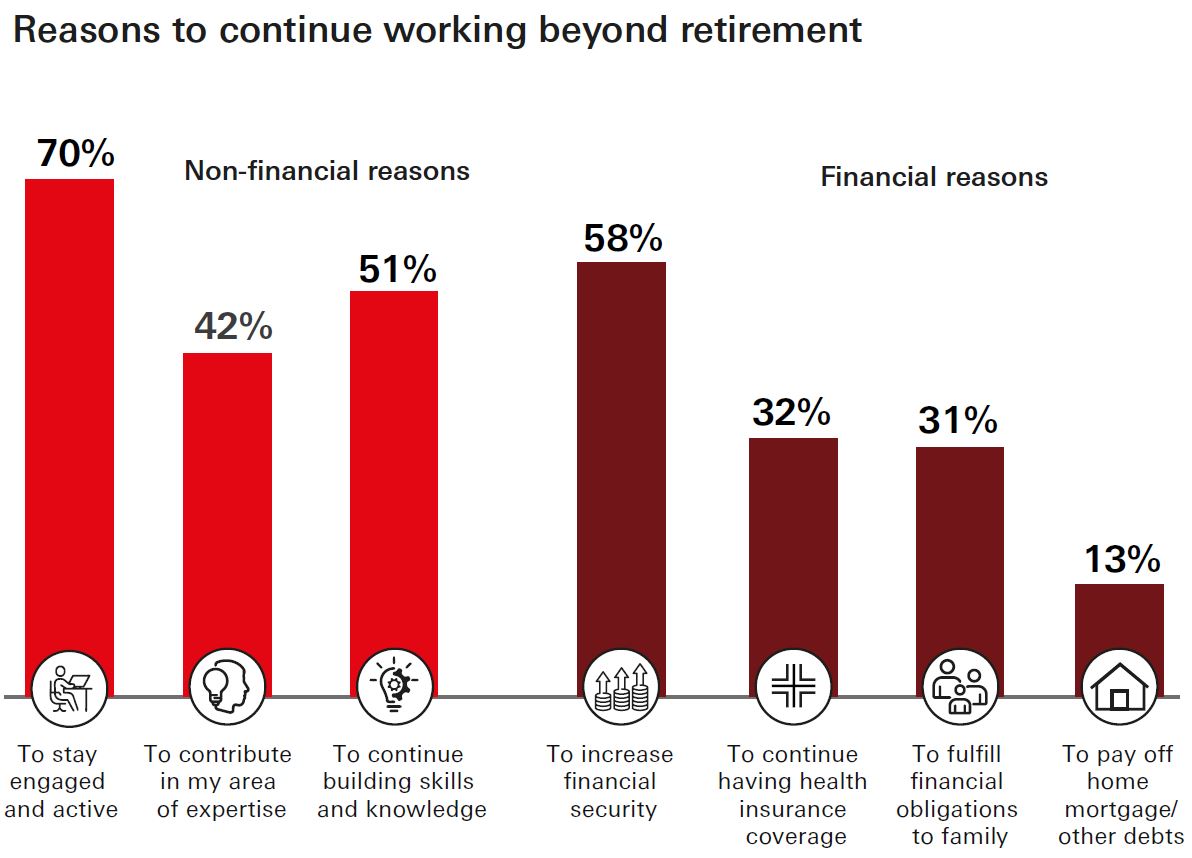Understanding Refinance Versus Home Equity Loan: Which Option is Right for You?
#### Refinance Versus Home Equity LoanWhen it comes to managing your mortgage and accessing the equity in your home, two popular options often come into pla……
#### Refinance Versus Home Equity Loan
When it comes to managing your mortgage and accessing the equity in your home, two popular options often come into play: refinancing and home equity loans. Each of these financial tools has its own advantages and disadvantages, and understanding them is crucial for making an informed decision.
#### What is Refinancing?
Refinancing involves replacing your existing mortgage with a new one, typically with better terms. Homeowners usually opt for refinancing to secure a lower interest rate, reduce monthly payments, or change the loan duration. For instance, if you originally took out a 30-year mortgage at a high-interest rate, refinancing to a 15-year loan with a lower rate could save you money in interest over time and help you pay off your home faster.
#### What is a Home Equity Loan?

A home equity loan, on the other hand, allows you to borrow against the equity you have built up in your home. This type of loan is often referred to as a second mortgage. Home equity loans typically come with fixed interest rates and are paid back in monthly installments over a set term. This option is particularly appealing for homeowners looking to fund major expenses, such as home renovations, education costs, or debt consolidation.
#### Key Differences Between Refinancing and Home Equity Loans
1. **Purpose**: The primary purpose of refinancing is to improve your mortgage terms, while home equity loans are used to access cash based on your home’s equity.
2. **Loan Structure**: Refinancing replaces your existing mortgage, whereas a home equity loan is an additional loan on top of your existing mortgage.

3. **Interest Rates**: Refinancing often results in a lower interest rate on your primary mortgage, while home equity loans may have higher rates, reflecting the risk of a second mortgage.
4. **Loan Amount**: With refinancing, the amount you can borrow is based on the total value of your home and your existing mortgage balance. In contrast, a home equity loan allows you to borrow a percentage of the equity you have built up.
5. **Fees and Costs**: Refinancing can come with closing costs similar to those of a new mortgage, while home equity loans may have lower fees but can still incur costs such as appraisal fees.
#### Which Option is Right for You?

Choosing between refinancing and a home equity loan depends on your financial situation and goals. If your primary objective is to lower your monthly mortgage payment or change your mortgage terms, refinancing might be the better choice. However, if you need immediate cash for a significant expense and have sufficient equity in your home, a home equity loan could be the way to go.
Before making a decision, it’s wise to consult with a financial advisor or mortgage professional. They can help you evaluate your options based on your financial health, market conditions, and long-term goals. Additionally, consider the current interest rates, as they can significantly impact the overall cost of either option.
In conclusion, both refinancing and home equity loans serve distinct purposes and can be beneficial under different circumstances. By understanding the nuances of refinancing versus home equity loans, you can make a more informed decision that aligns with your financial needs.